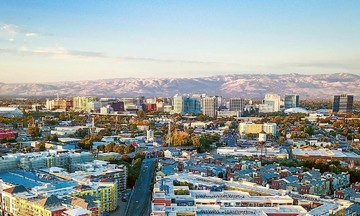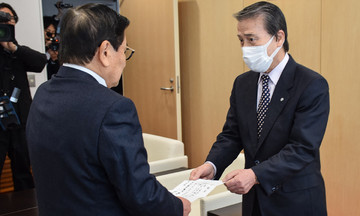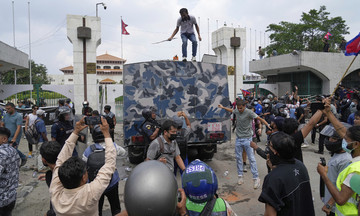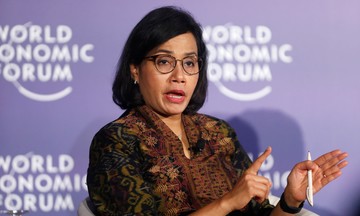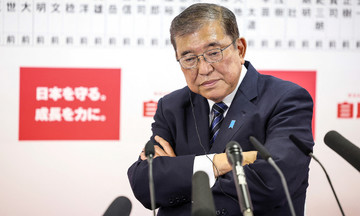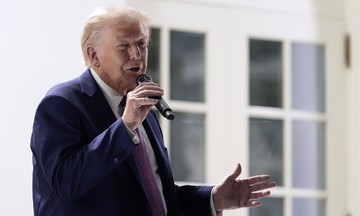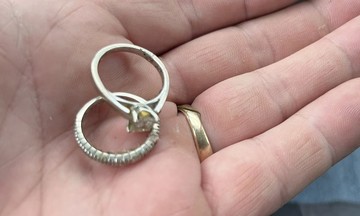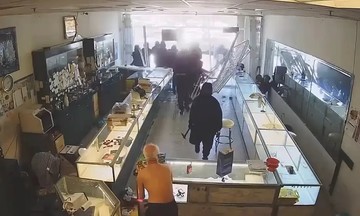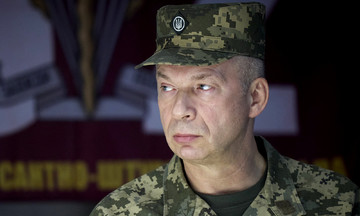US media, along with Reuters and AFP, reported on 5/9/2025, citing unnamed White House officials, that President Donald Trump's administration has ordered the deployment of 10 F-35 stealth fighters to Puerto Rico, a US territory in the Caribbean near Venezuela, to participate in counter-narcotics operations in the region.
The aircraft are expected to arrive next week, marking the first time the US has deployed stealth fighters this close to Venezuelan territory. It remains unclear which branch of the military the fighters belong to, their origin, and their specific mission.
Previously, the US deployed eight warships, several P-8 reconnaissance aircraft, an attack submarine, and thousands of marines off the coast of Venezuela, citing the need to combat drug cartels in South America.
Venezuelan President Nicolas Maduro described the US military buildup near his country as "the greatest threat" to Venezuela in 100 years.
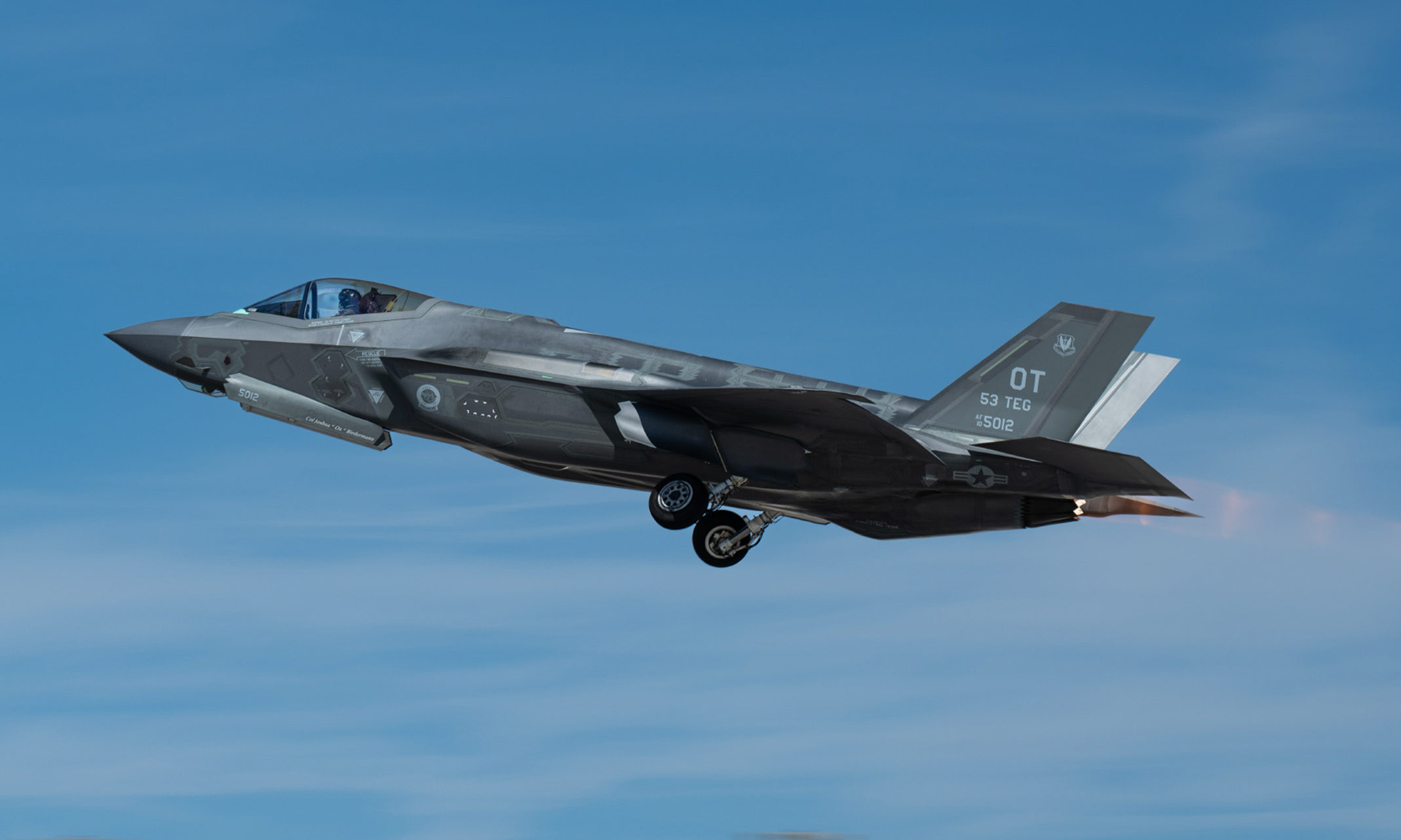 |
US F-35 fighters fly over Nevada in August. Photo: USAF |
US F-35 fighters fly over Nevada in August. Photo: USAF
Thomas Posado, a lecturer at Rouen University in France, suggests that the US deployment of warships, thousands of troops, and possibly F-35 fighters near Venezuela is a geopolitical move rather than solely a counter-narcotics operation as the Pentagon claims.
According to data from the US Drug Enforcement Administration, most cocaine currently enters the US via the Pacific, not the Caribbean. In 2019, 75% of drug smuggling into the US occurred via the Pacific route, with only 25% originating from waters near Venezuela.
"If this were a genuine anti-drug operation, the US would have to cooperate with countries surrounding Venezuela like Colombia and Ecuador, as well as with Mexico," Posado said.
According to Posado, Ecuador is also a major transit point for cocaine entering the US. However, Ecuadorian President Daniel Noboa is a close ally of President Trump, so Washington doesn't apply the same hardline policy toward Quito. Meanwhile, Venezuela is considered a "hostile nation" by the Trump administration and is strengthening ties with China and Russia, two of America's top rivals.
President Maduro accused the US of seeking "regime change in Venezuela" and called on Washington to abandon this plan and "respect the sovereignty, right to peace, and independence" of Venezuela and other Latin American countries.
"I respect Mr. Trump. Any disagreements between us should not lead to military conflict," Maduro said. "Venezuela is always ready for exchange and dialogue."
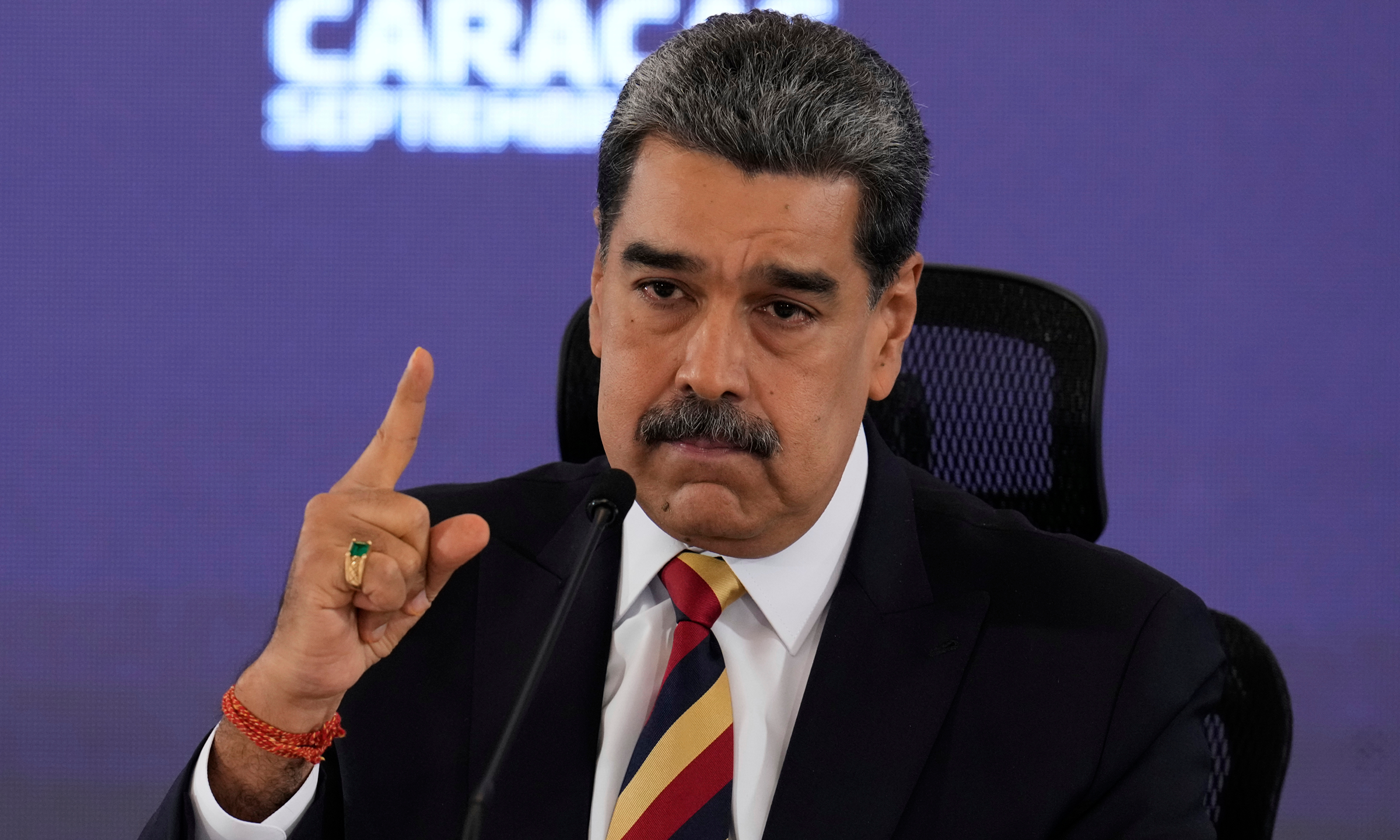 |
Venezuelan President Nicolas Maduro speaks at a press conference in Caracas on 1/9. Photo: AP |
Venezuelan President Nicolas Maduro speaks at a press conference in Caracas on 1/9. Photo: AP
In response, on 5/9, Mr. Trump stated that the US wasn't discussing regime change in Venezuela, but "only talking about the fact that the country had a strange election," referring to the 2024 presidential election in which Maduro claimed a landslide victory. The US doesn't recognize the results of this election.
"This is not really a counter-narcotics operation, but more like a show of force," expert Posado stated.
The US military announced on 2/9 that it had fired on a "drug-carrying speedboat" in the Caribbean, killing 11 people, an action Caracas condemned as "extrajudicial killing."
The Pentagon accused Venezuela on 4/9 of deploying two fighter jets near a US warship operating in international waters in the Caribbean, calling it a "serious provocation" aimed at hindering Washington's counter-narcotics operations in the area.
US media, citing unnamed officials, reported that Venezuela dispatched two F-16A/B fighters to approach the US destroyer USS Jason Dunham. On 5/9, President Trump warned that Venezuelan fighter jets could be shot down if they endangered US forces.
The reported deployment of F-35 fighters to Puerto Rico could strengthen the US threat and deter Venezuela, as these stealth fighters are superior to the F-16 and would play a crucial role in the event of a sudden clash.
"The F-35 is a very modern fighter and would be effective if used to engage the Venezuelan air force, which operates F-16 fighters," Reuters reported. The F-16A/B is an early version of the US-made F-16 fighter jet, sold to Venezuela in the 1980s when bilateral relations were less strained.
The Venezuelan air force is believed to have a maximum of 21 F-16A/B aircraft, though it is unclear how many are combat-ready. The country also possesses six F-5A fighters and 21 Su-30MKVs purchased from Russia.
While the Su-30MKV is a more comparable counterpart, Venezuela's older F-5 and F-16A/B aircraft would be no match for the F-35, considered one of the most advanced fighter jets in the world.
According to aviation website Flight Global, the F-35 is one of the most effective US weapons for penetrating and destroying air defense systems. Puerto Rico is only about 860 km from Venezuela's capital, Caracas, enabling the F-35 to reach it in less than an hour, strike targets, and return without refueling in the event of a conflict.
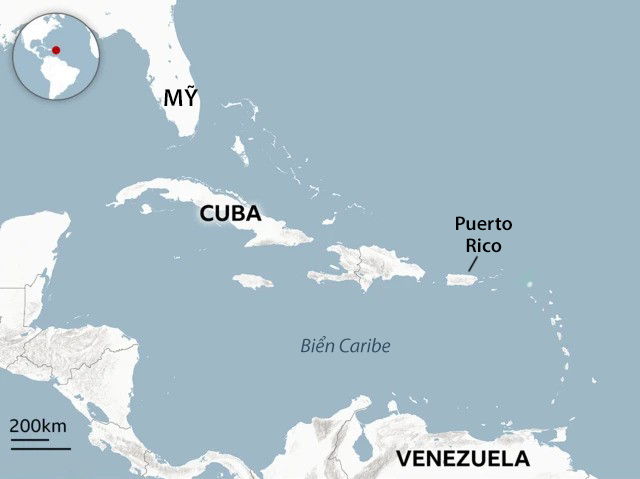 |
Locations of Venezuela, Puerto Rico, and the US. Graphic: BBC |
Locations of Venezuela, Puerto Rico, and the US. Graphic: BBC
This "hit and run" tactic would maximize the F-35's stealth capabilities, minimizing its vulnerability to enemy air defenses. The Israeli air force has effectively employed this tactic to strike targets within Syria.
If the US deploys the F-35B variant, capable of short takeoffs and vertical landings, the aircraft could operate from the USS Iwo Jima assault ship currently stationed near Venezuela, further reducing travel time.
Alan McPherson, a professor at Temple University, believes the Trump administration, through these military moves, appears to be applying direct political pressure on President Maduro. However, he notes that the US doesn't need such a large force for this purpose.
"Whatever the reason, the Trump administration clearly wants to threaten Venezuela" by deploying such powerful weapons, the professor said.
Pham Giang (France 24, BBC, AFP)



